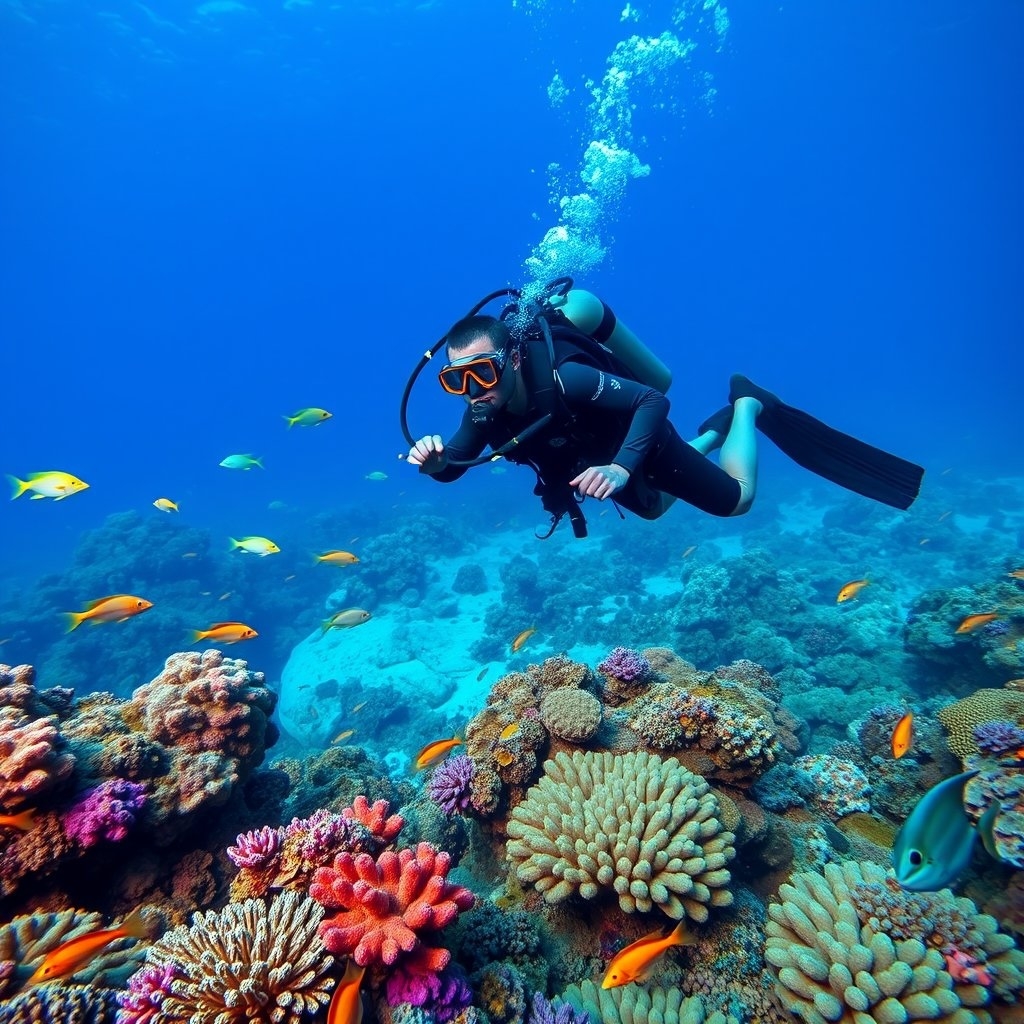
A Simple Guide to Diving License Levels
Find out about diving license levels and certifications to unlock new underwater adventures.
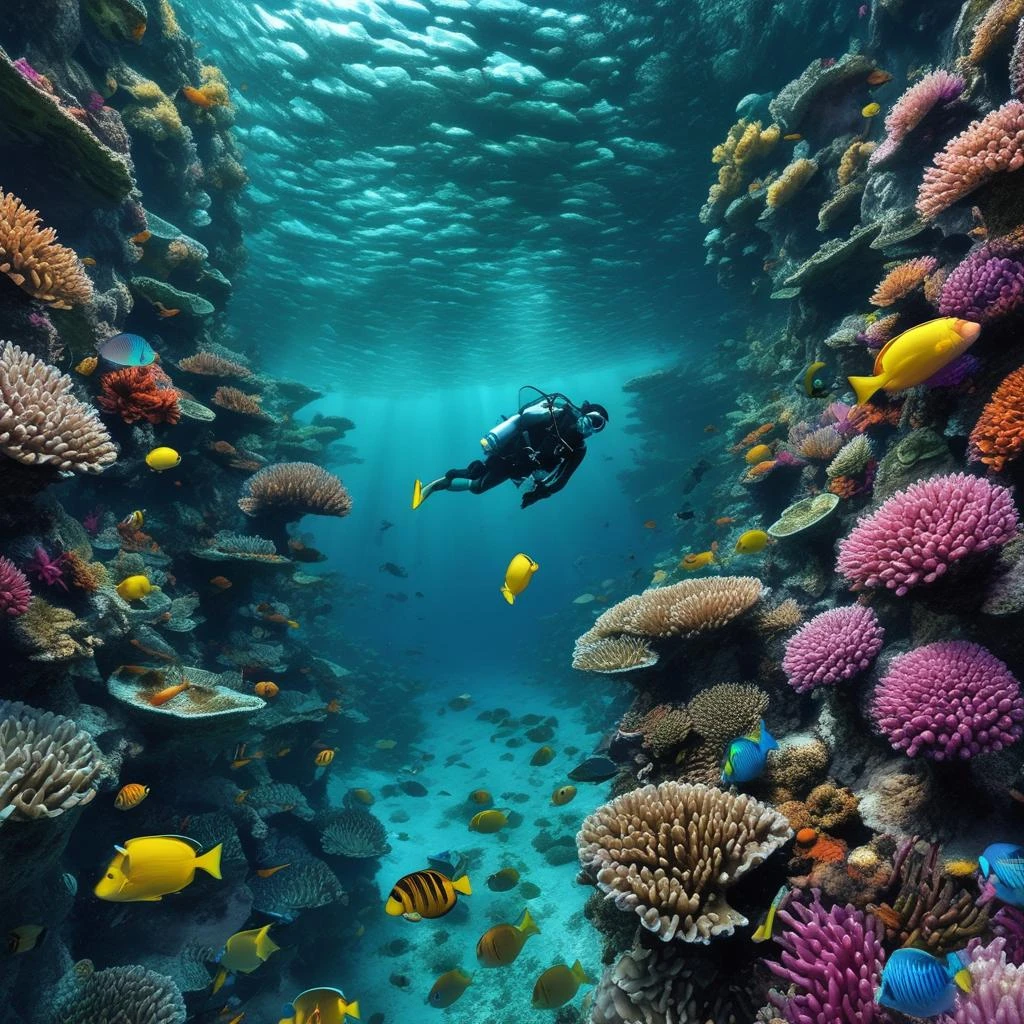
Discover scuba diving basics, certification tips, and underwater breathing techniques. Tips and insights for everyone, from first-timers to long-time divers.
Explore all
Find out about diving license levels and certifications to unlock new underwater adventures.
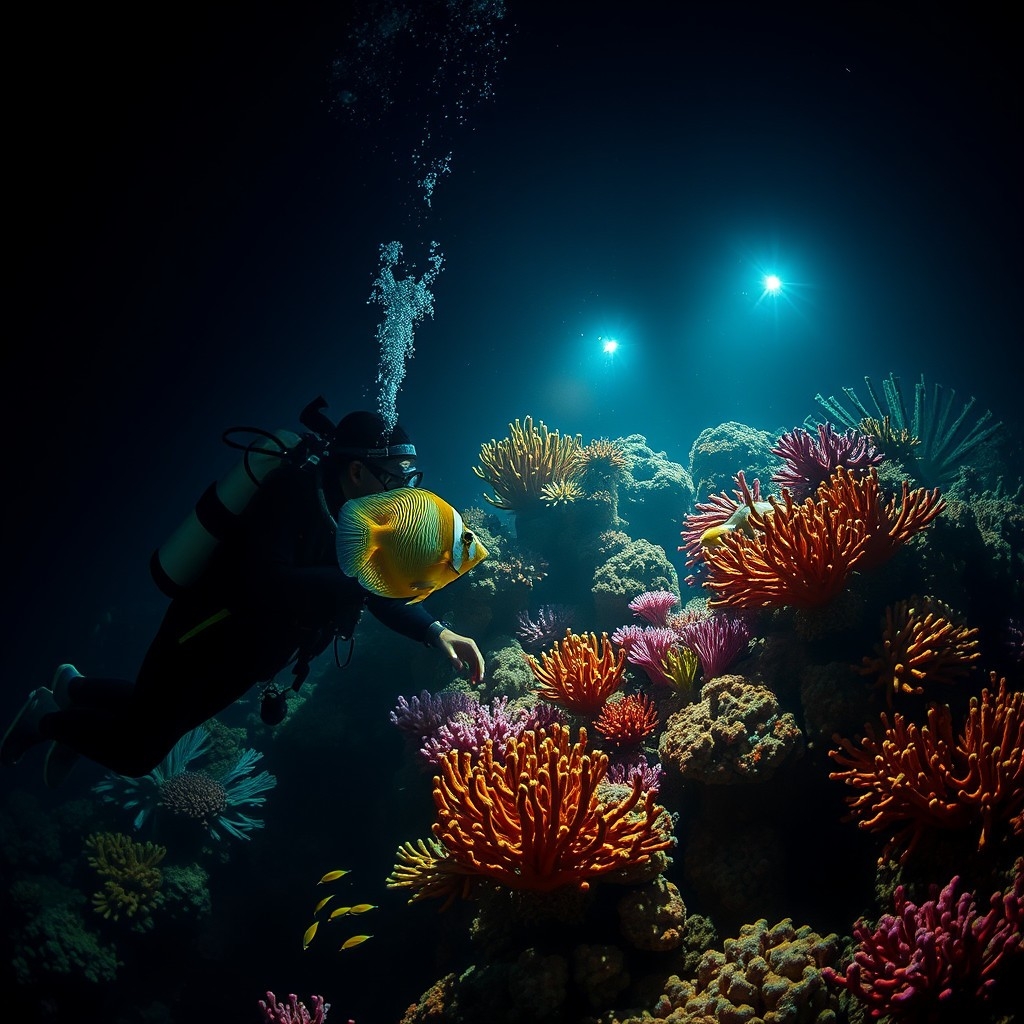
Explore the exciting world of night scuba diving with tips on gear, safety, marine life, and top destinations.
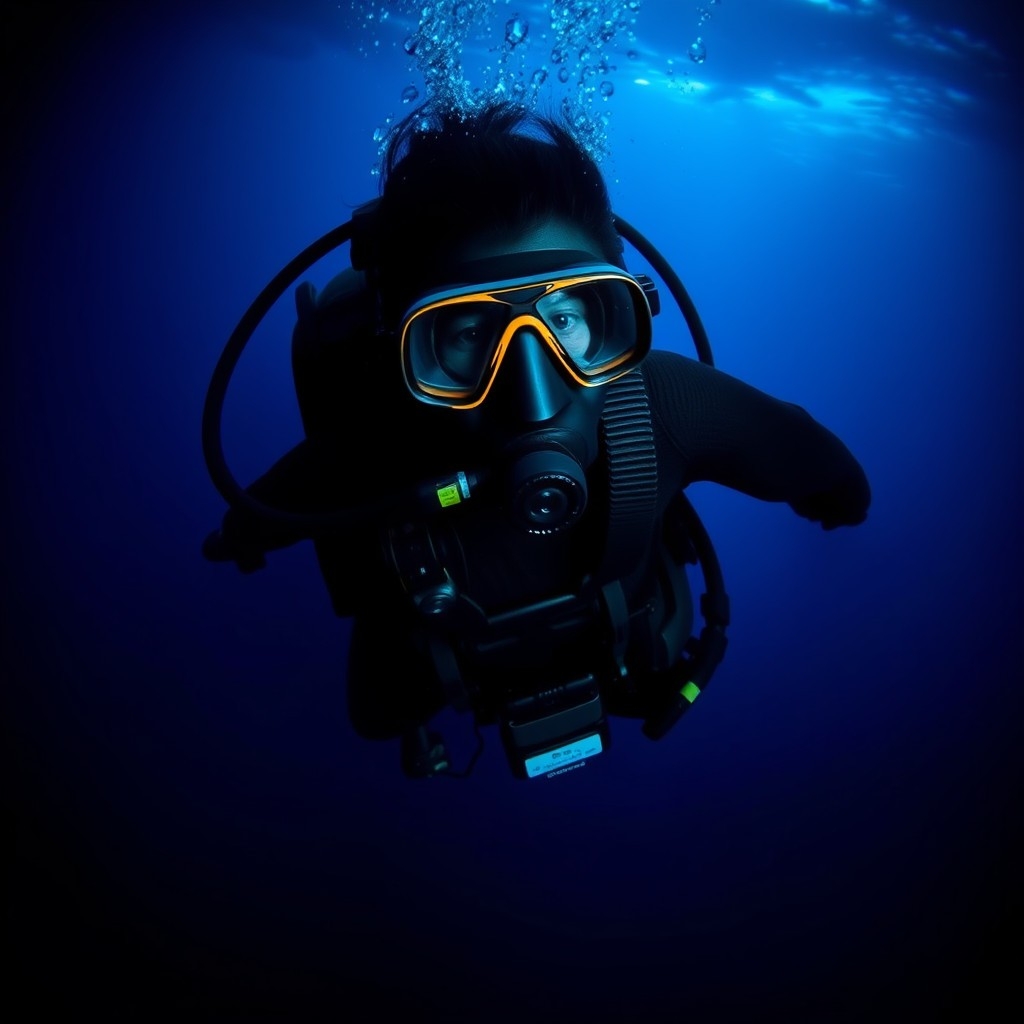
Explore the amazing feats behind the deepest scuba dives in history.
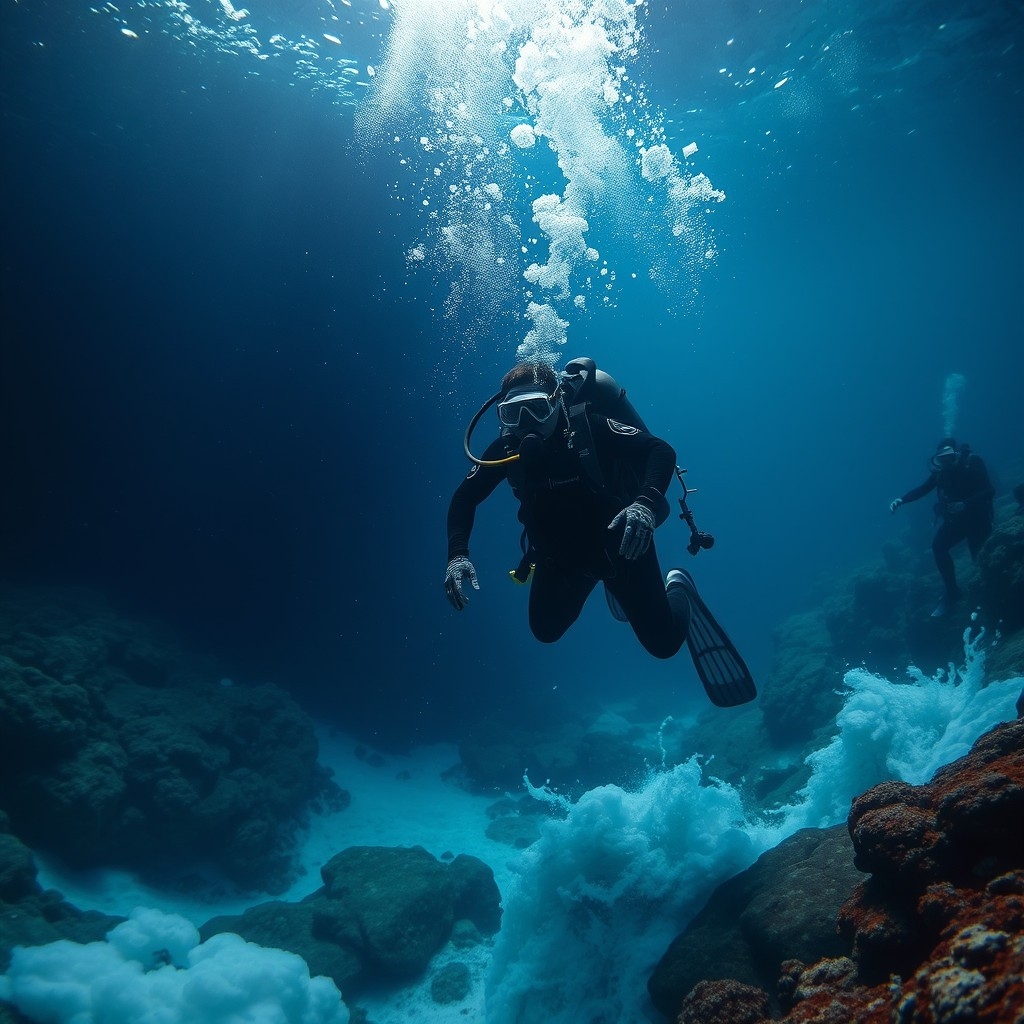
Discover how deep you can scuba dive and what factors affect depth limits.
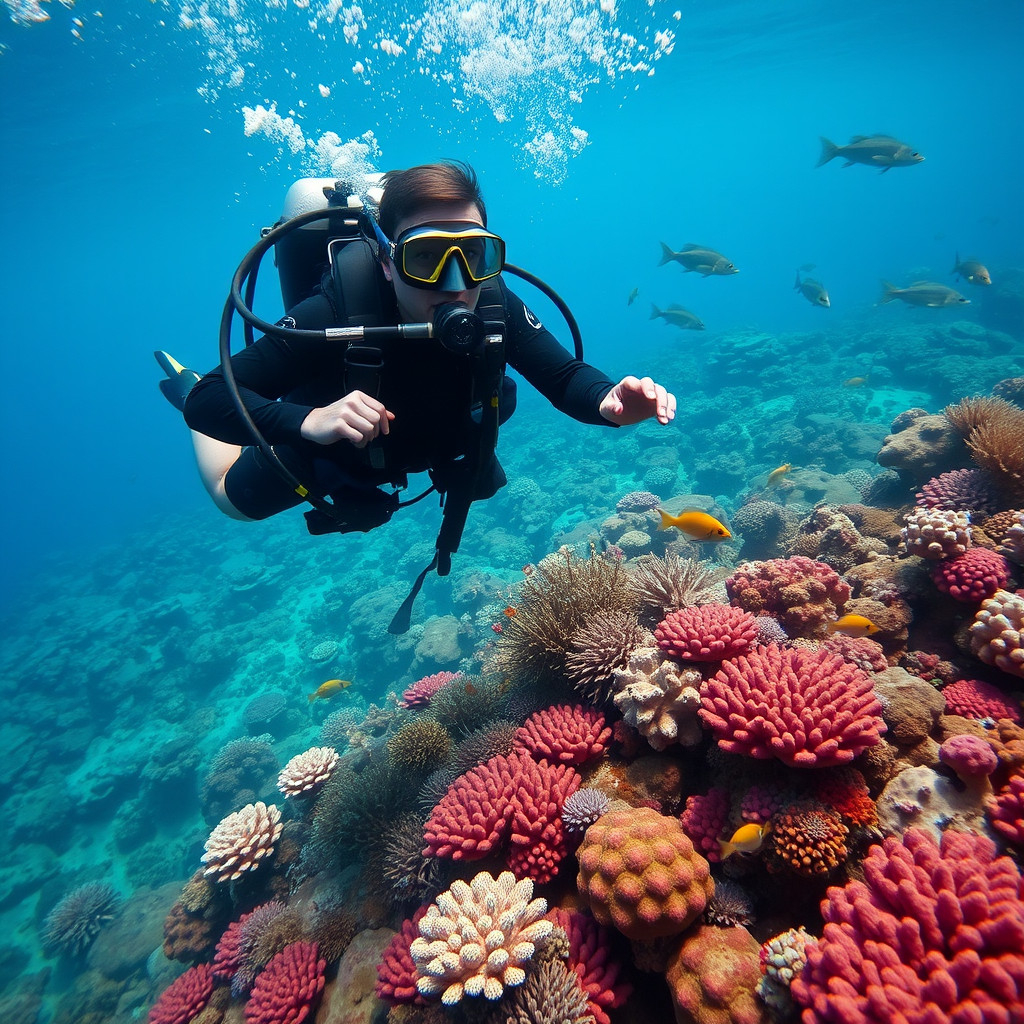
Find out how much scuba diving costs, from getting certified to planning dive trips.
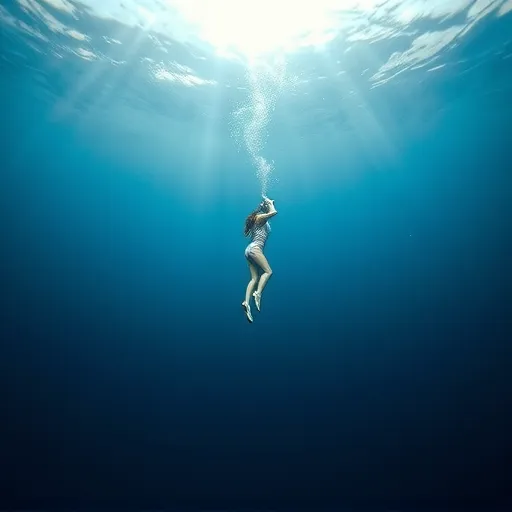
The incredible story of freediver Alessia Zecchini's record-breaking dives.
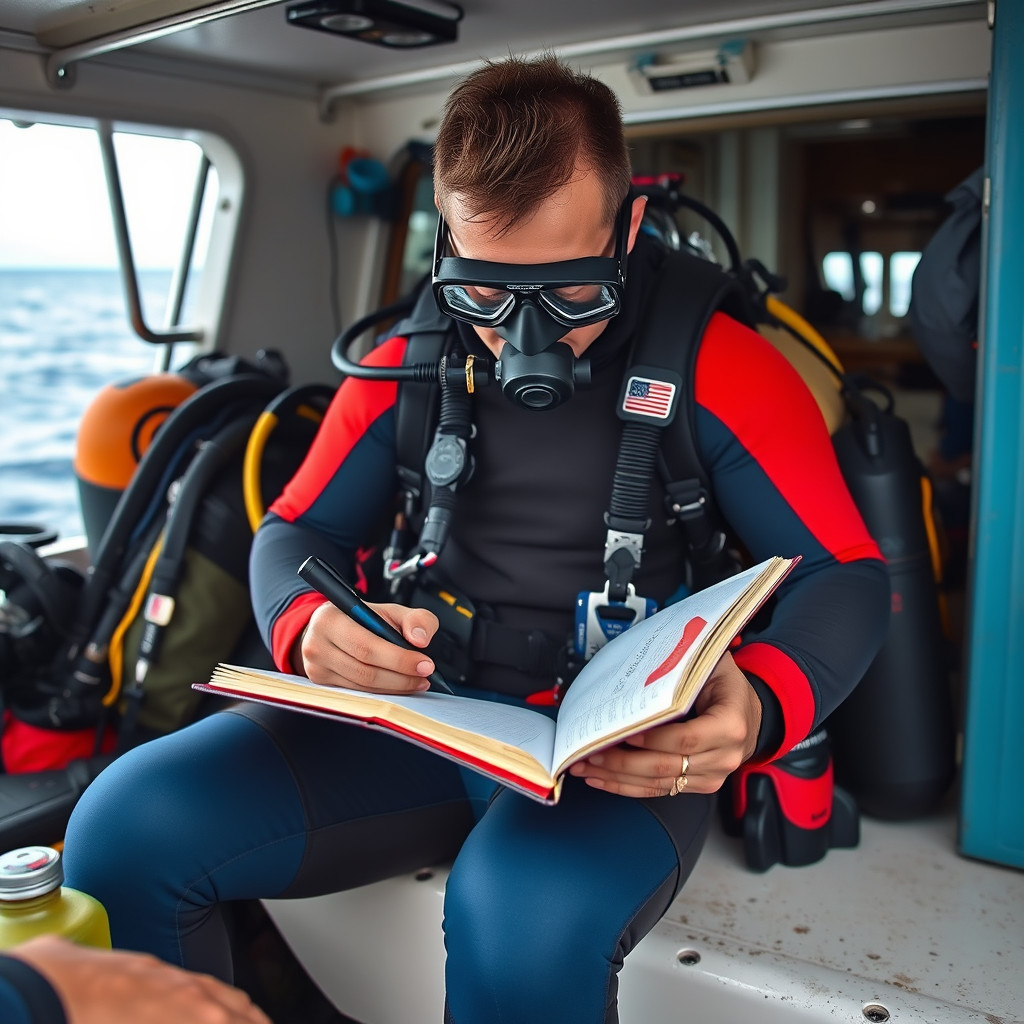
Find out how to keep a dive log and track your underwater experiences effectively.
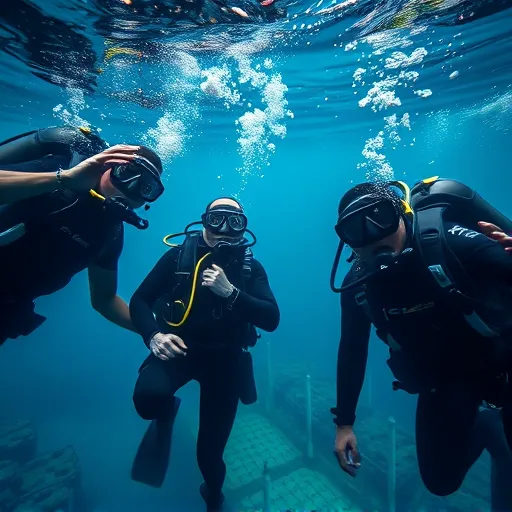
Your guide to understanding diver acronyms and scuba terms.
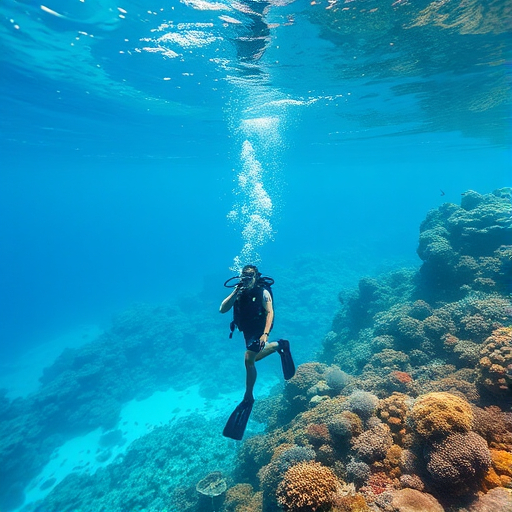
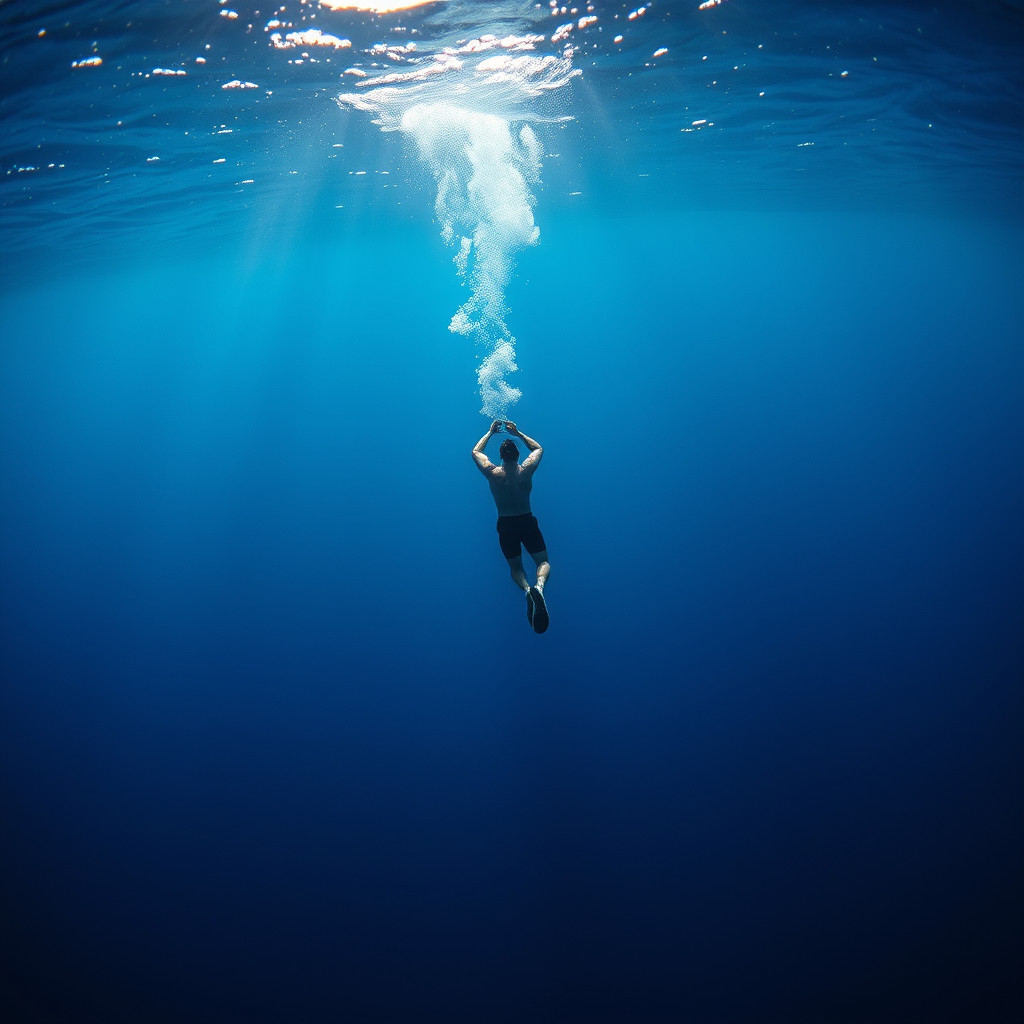
Dive into the astonishing world of free diving records and the athletes who push the boundaries of human potential.
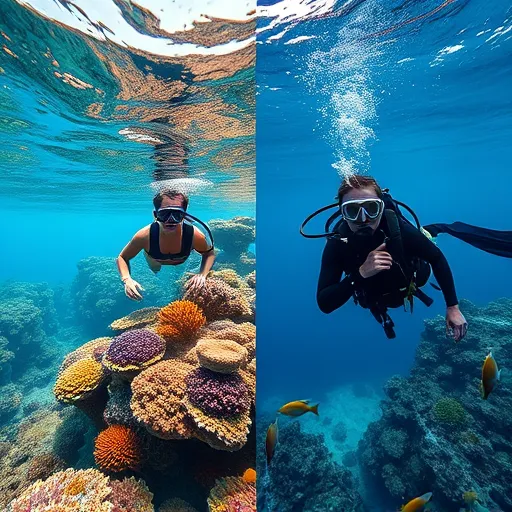
Snorkeling vs. scuba diving: compare gear, training, costs, and experiences to choose your adventure.
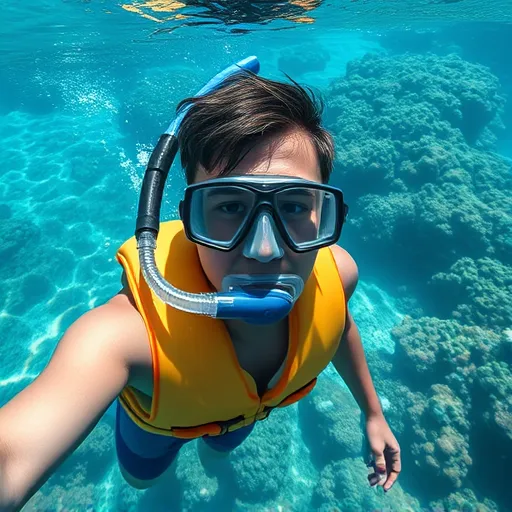
Can you snorkel without swimming? Yes! Learn how non-swimmers can safely enjoy snorkeling adventures.
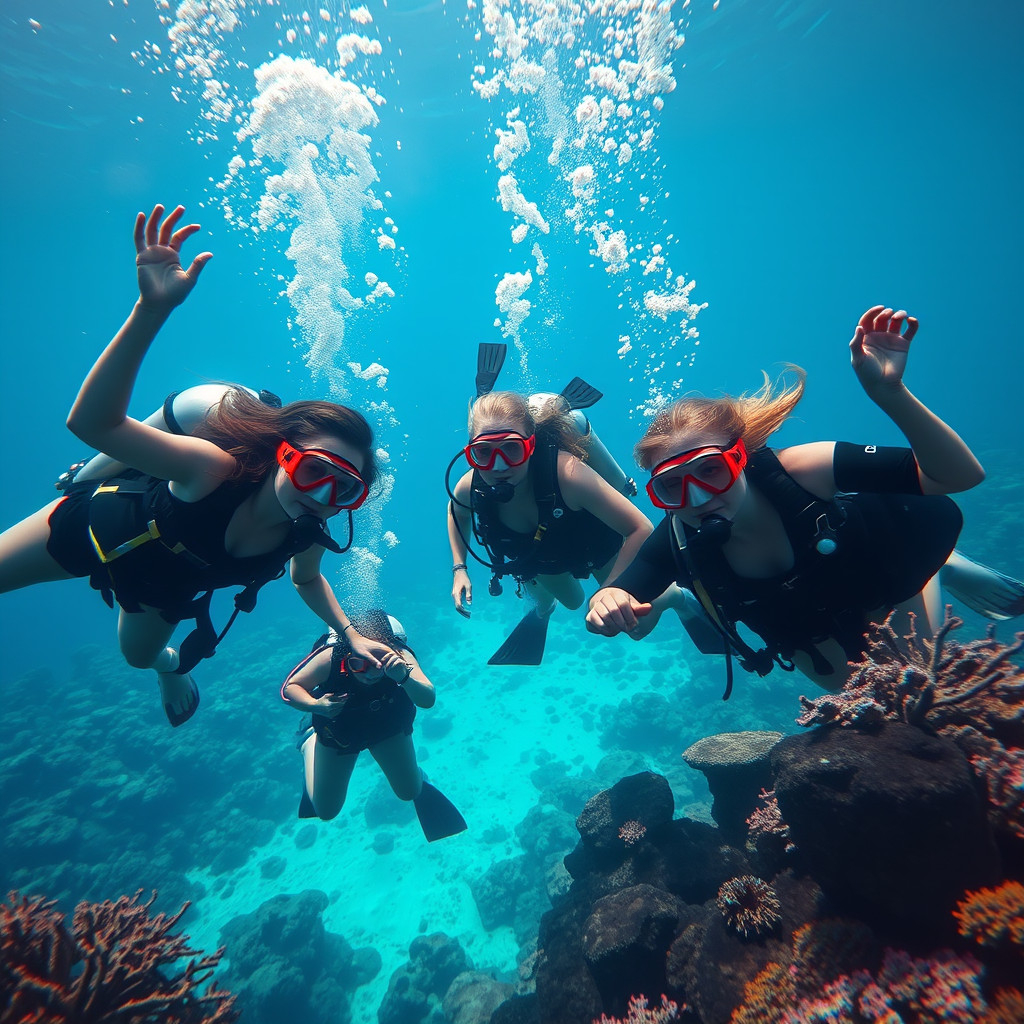
Learn how women are shaping scuba diving and exploring the underwater world.
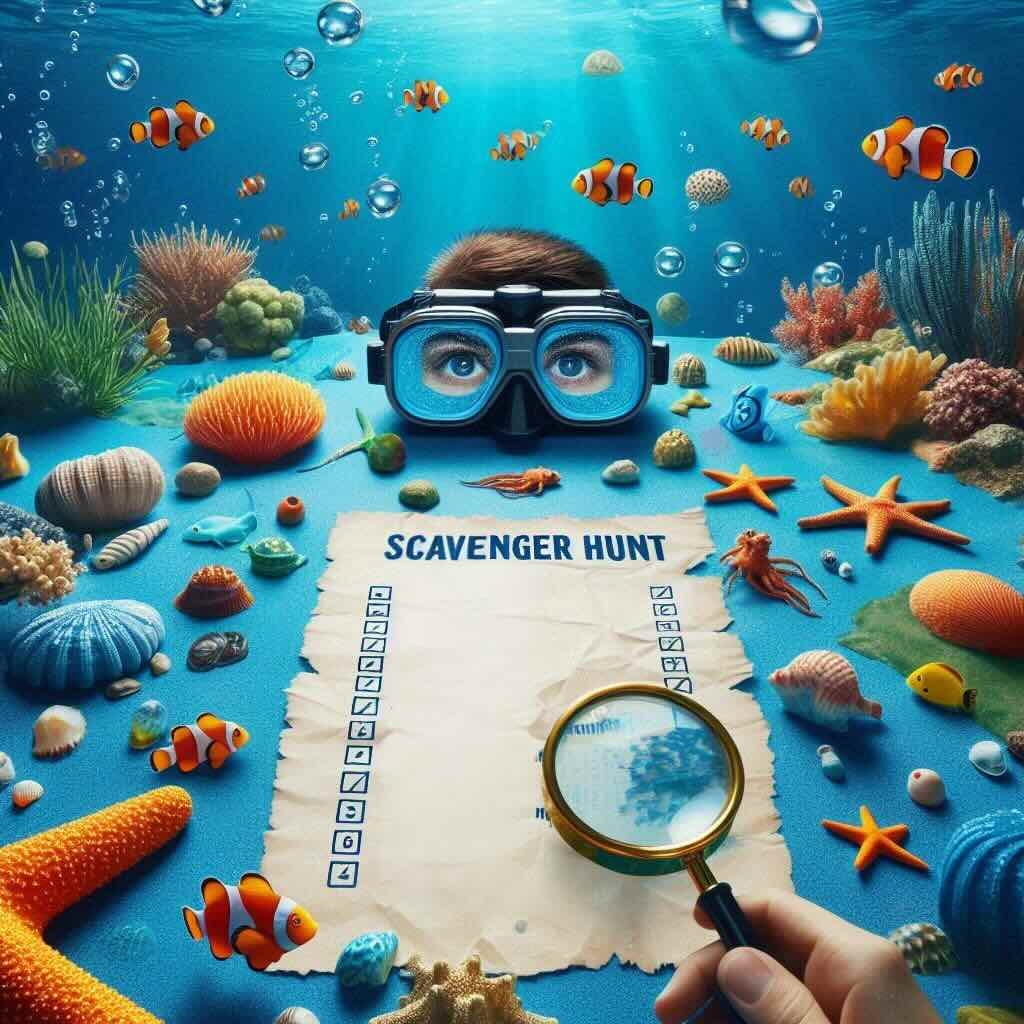
10 exciting scuba diving games to have fun with your diving adventures.
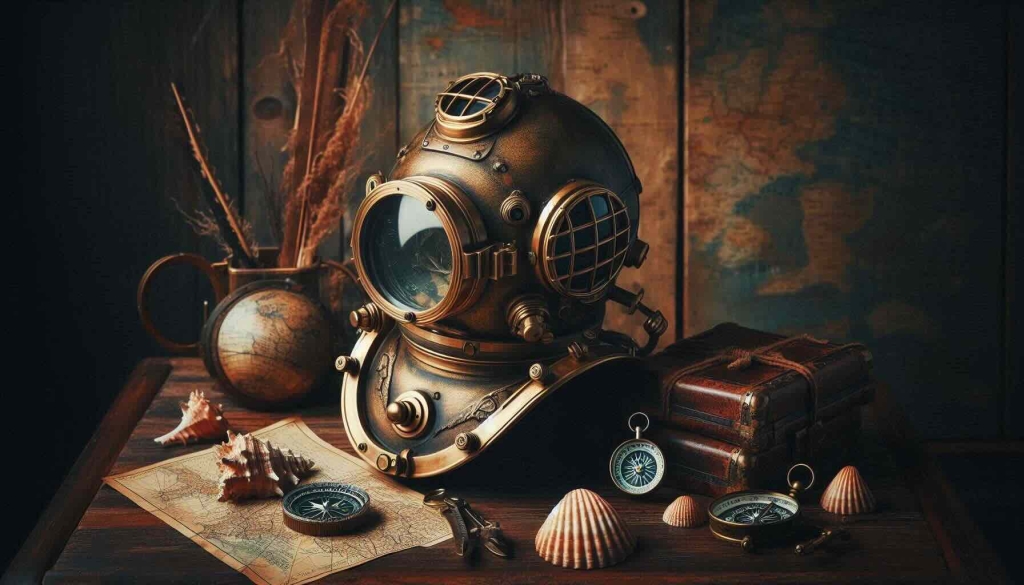
Ins and outs of scuba diving helmets. Learn about types, benefits, and more.
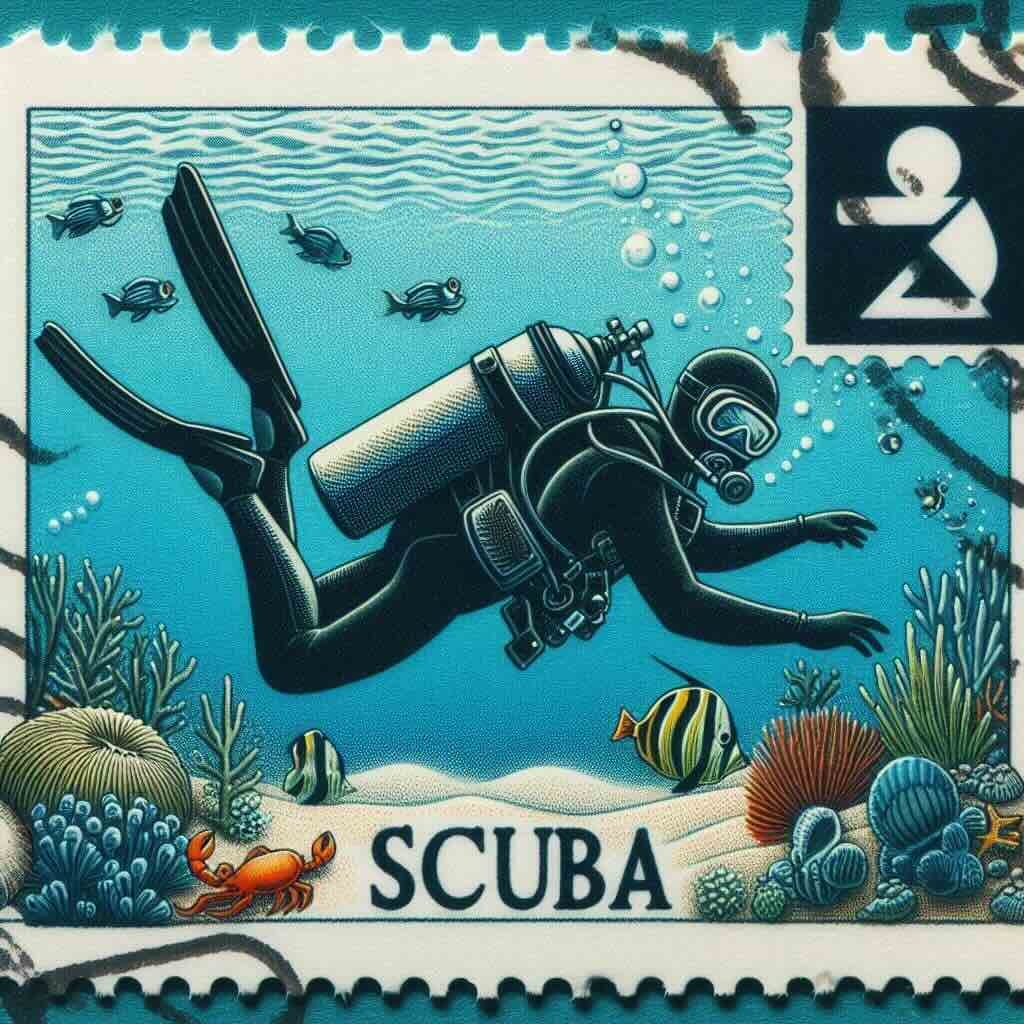
SCUBA Acronym Explained: History and Essentials of "SCUBA".
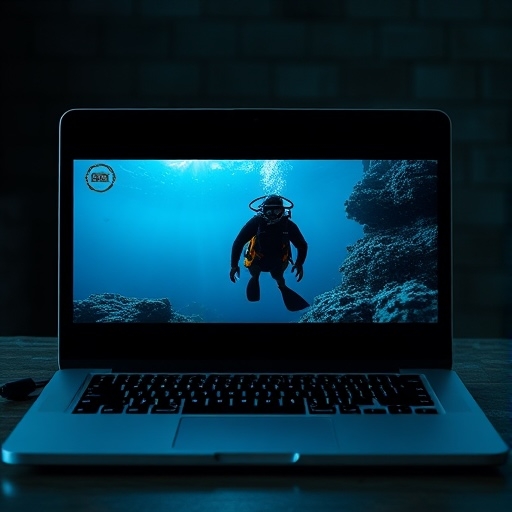
Dive into our 15 top scuba films, curated by divers for divers.
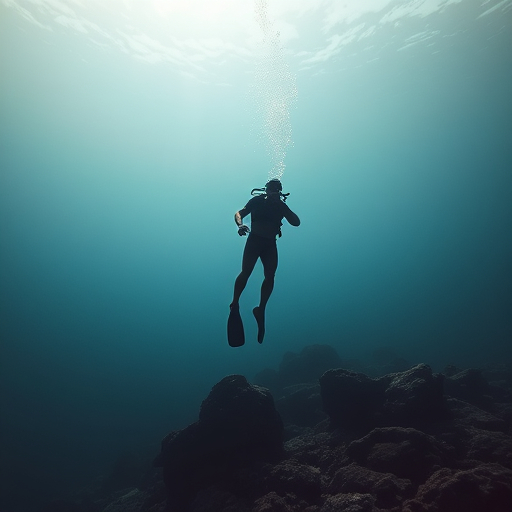
Have you heard of diving without a suit? Learn why some divers go naked, and how.

Learn how snorkels work and how they help us to breathe underwater.
Ever wanted to see what's under the sea? Scuba diving lets you do just that! It's a fun way to explore the ocean and see cool fish and reefs.
Did you know that most of Earth is covered in water? But we only see a tiny bit of it. Scuba diving helps us see more of this hidden world.
If you're new to scuba diving, don't worry! Getting started is easier than you might think. The first step is to find a reputable diving school or instructor in your area. They'll guide you through the basics and help you get certified.
Your journey begins with learning essential skills like:
Proper breathing techniques
Underwater communication
Equipment usage and maintenance
Safety procedures
Many people think diving is hard work. But it's not! Scuba diving is more about relaxation than physical exertion. Once you master the basics, you'll find yourself gliding effortlessly through the water, taking in the incredible sights around you. You'll see that it just feels like floating in space.
Having the right equipment is crucial for a safe and enjoyable diving experience. Here's a quick rundown of the essential gear you'll need:
Mask and fins
Wetsuit or drysuit
Buoyancy compensator device (BCD)
Regulator and dive computer
Tank
While it might seem like a lot at first, you'll quickly become familiar with each piece of equipment. Many diving centers offer rental gear, so you don't have to invest in your own equipment right away.
One of the best things about scuba diving is the opportunity to explore amazing underwater locations around the globe. Here are some top diving spots to add to your bucket list:
The Great Barrier Reef, Australia
The Red Sea, Egypt
Palau, Micronesia
Galapagos Islands, Ecuador
Cozumel, Mexico
Each destination offers unique marine life and diving conditions. From colorful tropical fish to big whale sharks, you never know what you might encounter on your next dive!
As you get better at scuba diving, you might want to take your diving to the next level. Advanced courses can teach you specialized skills like:
Night diving
Deep diving
Wreck diving
Underwater photography
These advanced skills open up even more possibilities for underwater exploration. Imagine swimming through a sunken ship or capturing the perfect photo of a sea turtle!
Scuba diving isn't just an exciting hobby – it's also great for your health! Regular diving can provide numerous benefits, such as:
- Make your heart stronger
- Help you relax
- Make you more flexible
- Make you feel happier
Plus, the sense of peace and calmness you experience underwater is hard to match in any other activity.
Scuba diving offers a unique opportunity to explore a world that's hidden from most people. It's an adventure that combines physical activity, mental relaxation, and awe-inspiring natural beauty. If you're looking for a new hobby, a way to stay fit, or simply want to see cool fish, scuba diving is for you.
Why not give it a try? An awesome underwater adventure is waiting for you!
Got questions? Find quick answers to common queries.
While you don't need to be an Olympic swimmer, you should be comfortable in the water. Most certification courses require you to swim 200 meters and tread water for 10 minutes.
Many certification agencies offer junior courses for children as young as 10. However, adult certification usually starts at 15 or 16. There's no upper age limit as long as you're in good health.
For recreational diving, the maximum recommended depth is usually around 130 feet (40 meters). Going deeper requires additional training and equipment.
Basic scuba certification typically takes 3-4 days, including classroom sessions, pool training, and open water dives. However, this can vary depending on the course and your schedule.
Scuba diving is generally safe when proper training and safety procedures are followed. Like any adventure sport, it does carry some risks, but these can be minimized with proper education and preparation.
Yes! You can get a mask with your prescription or wear contacts. Your teacher can help you figure out what's best.
Subscribe to my newsletter and get notified when I share new diving tips, stories, and underwater adventures.